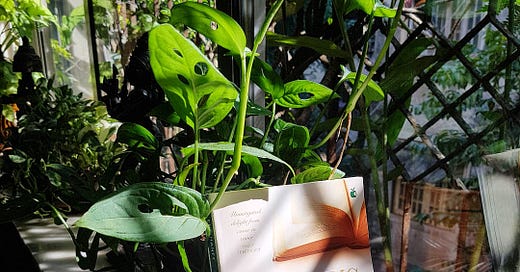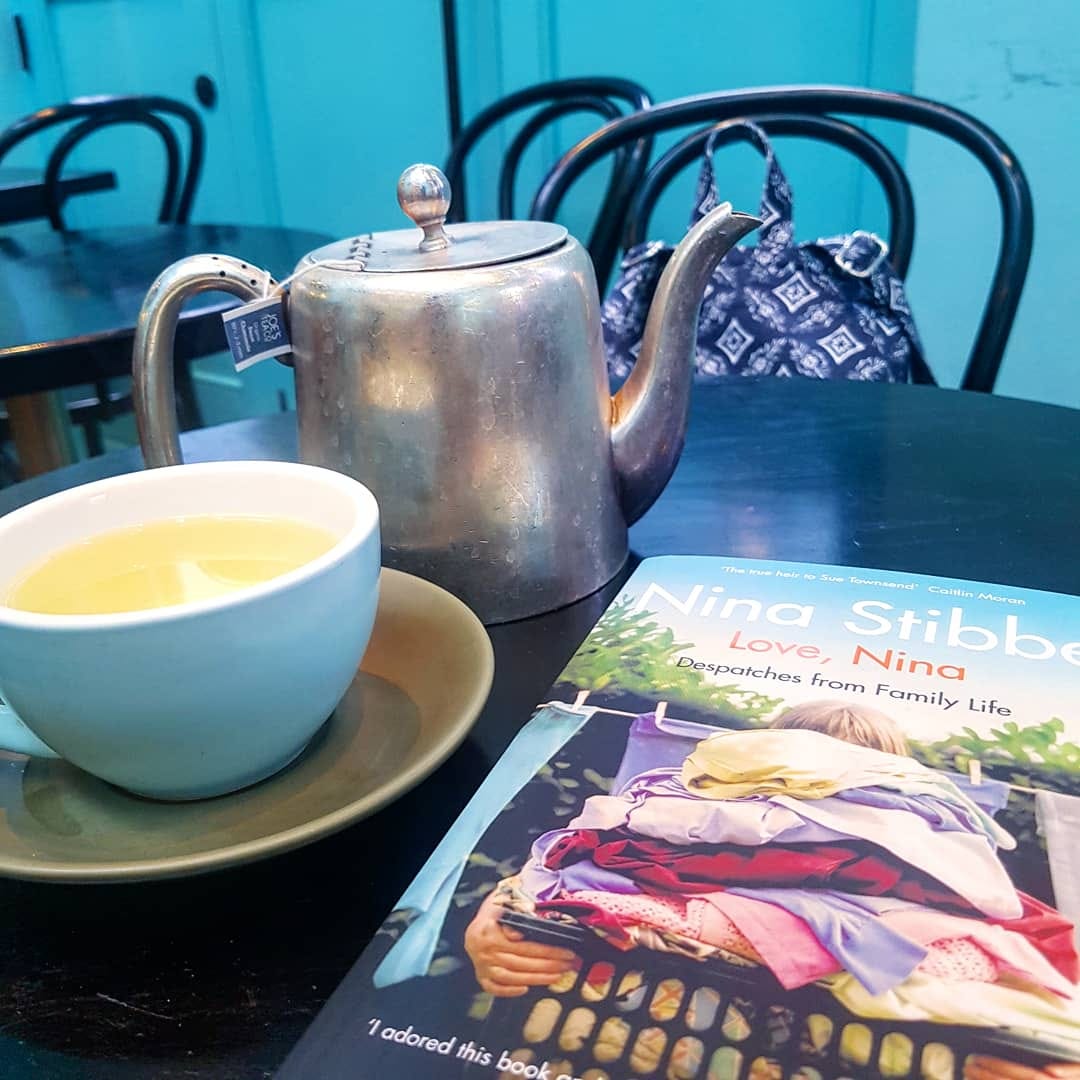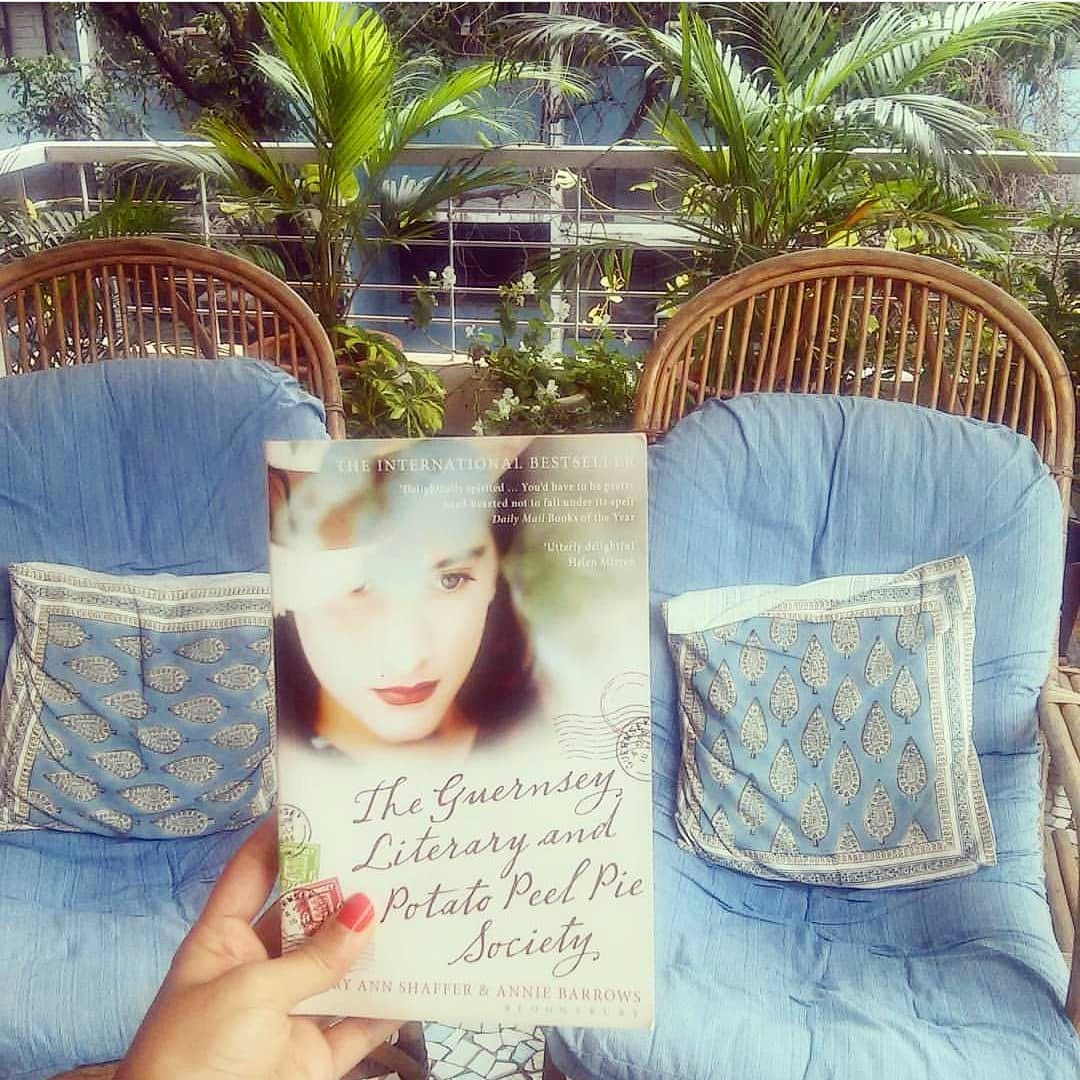Dear reader,
Do any of you still write letters of the “snail mail” variety? I grew up hearing from my mum about her German penpal and how they found each other through the International Youth Foundation when they were thirteen (that they’re still the best of friends today, more than forty years later, with our extended families equally close, is a wonderful story for another day).
Anyway, so, of course, I wanted my own as soon as I turned that age—some of whom are now “real-life” friends and some whom I remain in contact with and still haven’t met but feel closer to than many I know in person because we’re shared so much over the years. A good few years ago, though, the physical letter writing stopped, bar a postcard or package here and there, and now we stay in touch via voice notes, video calls, and whatsapp messages. While I’m glad for so many faster and easier avenues to remain connected, I miss the letters—writing them, receiving them, rereading them; what they signified, besides.
Most recently, it was a lovely postcard from a writing friend (you can check out her newsletter here) that got me thinking about this again, about how I wish I had the time to write letters; I concluded that, perhaps, for now, sending out this newsletter to all of you every two weeks is a form of the same, albeit digital.
So, today, I thought I would recommend three epistolary novels I love and revisit, and which, during the course of typing this, I’ve realised are all at least partially set in London, go figure!
Do you enjoy reading correspondence in your books?
84 Charing Cross Road and The Duchess of Bloomsbury Street by Helene Hanff
When I first read 84 Charing Cross Road in 2018, it took all of two hours but left me stunned at the potency of this little, completely epistolary, real-life story.
Miss Helene Hanff writes a letter to the Marks & Co. bookstore on Charing Cross Road. She gets a response from a Frank Doel and thus begins a most unusual but beautiful transatlantic friendship. What starts as an enquiry about books, becomes, over the course of a twenty-year correspondence, a larger conversation about life, about culture, about post-WWII life in Britain and America, about family and humour.
She is irreverent, funny, passionate, sarcastic, sassy, and wonderfully generous, and I loved getting to know her and her hard-to-miss voice throughout this slim volume. Her developing friendship with not only Frank, but also the other residents and related characters that make up the Marks & Co. ensemble—Frank's wife Nora, his colleagues Cecily Farr and Megan Wells—is heartwarming, genuine, and so very human.
Of course, there's no escaping the realities of life, especially since this is, well, real life. But that makes the story more special. And it reminds us, most importantly, how books, apart from the enjoyment of reading, buying, and sharing them, can not only be an avenue of connection with strangers, and even friends, through whatever artificial barriers lie between us—oceans, languages, cultures, and age—but are also a way of sustaining such relationships through whatever life throws at us along the way.
Because I borrowed this book from the Boston Public Library’s digital collection, it took me a while to realise that there was a follow-up book, included in the same book in some editions (I now own a copy of the Vintage one pictured in the photo), titled The Duchess of Bloomsbury Street, a compilation of Miss Hanff’s journal entries during a long-awaited three-week trip to London in June 1971.
In 84 Charing Cross Road's penultimate entry, she writes to her friend who is soon to visit London and talks about a man she met who told her that people going to England find exactly what they go looking for.
“I said I'd go looking for the England of English literature.”
“It's there,” he'd said, but Helene isn't so sure. She knows for sure that it is in the books she loves and says that maybe that's enough.
While the letters in the book’s predecessor offer the gift of years and hindsight, the journal entries are immediate and sometimes feel a bit rushed and packed. And I do miss Frank and the team's responses, but with her we are never not in capable, charming hands, and as with the first book I found myself wishing I could have corresponded with her, had all sorts of marvellous bookish discussions with her over tea and, later, martinis—this unassuming (her word), kind, funny, bright, witty, observant, and unabashedly emotional woman who reread multiple times even at the expense of time she could have instead spent with a new, unread book, who had a gift for storytelling, an ear for conversation, and a flair for engaging narration.
A woman, who, for all of her British similarities, has an endearing American frankness, a lack of artifice, and an ability to laugh at herself and admit to personal flaws and insecurities, no matter how small or seemingly petty.
And of course there is London, that wonderful, special city with a forever piece of my heart. This has lots of lovely historical and literary details about the city and its surrounds; plenty of breadcrumbs and threads to trail if one so wishes—this one certainly does!
All in all a most delightful book your shelf shouldn't be without. For now I leave you with one question: do you have a bookish soul city?
Love, Nina: Despatches from Family Life by Nina Stibbe
In 1982, twenty-year-old Nina Stibbe moved to London from Leicester to work as a nanny for a very particular family: Mary-Kay Wilmers and her sons Sam (10 and a half years old and with some disabilities) and Will (nine years old). Mary-Kay was the deputy editor of the London Review of Books and their house had a constant stream of visitors, neighbours and droppers-in (there is a Who's Who at the start of the book with some very familiar names). This is a collection of letters Nina wrote to her sister Victoria who lived back home in Leicestershire and worked at a nursing home.
A dear friend (@beth.bonini) recommended this to me during our visit to the gorgeous Daunt Books back in November 2019, and she was right that I would love it!
Love, Nina: Despatches from Family Life was the perfect book to dip in and out of whenever I had a spare moment. It is witty, keenly observed, very amusing, and heartwarming. Nina Stibbe has a clear gift for writing engaging letters, aided by her unique voice and perspective, and a knack for developing situations and characters when all we have of them are her words and some of theirs.
I'm quite curious to check out her fiction now, but I know this is a collection I'll be returning to many times over!
The Guernsey Literary and Potato Peel Pie Society by Mary Anne Schaffer and Annie Barrows
In the 1980s, Mary Ann Shaffer ended up on an impetuous trip to Guernsey where she didn't leave the airport due to bad weather but came away with the seed for a story and many books on the Channel Islands and their experiences during the Occupation. As it turned out, this particular book would sadly be the author's first and only (she passed away in 2008) and her niece stepped in to add the finishing touches. But it's a story and characters that will stay with me for a long time to come.
It is just after World War II. Juliet Ashton is a London writer and columnist struggling to find something to write about. Enter a letter from a Dawsey Adams in Guernsey who has chanced upon her old copy of Charlie Lamb's essays. She is intrigued by his tales of the Guernsey Literary and Potato Peel Pie Society as well as their stories of life under the German Occupation. Thus begins a correspondence between Juliet and its varied members which will not only give Juliet an idea for her next book, but also change her life forever; enriching ours in the process.
When I read this for the first time, I hadn't read 84 Charing Cross Road and this was my first epistolary novel. One that succeeds with the format for the most part (Juliet has a funny, honest, endearing voice through her letters), though in the second half of the book the same format becomes more expositional and at times a little contrived.
There are also some conveniences and simplifications when it comes to the plot, there isn't much narrative tension, and the character at the heart of the novel is one we only get to read about through recollections and the memories of those who knew her. But the strength is the writer's ability giving each character a unique and distinct voice through their letters, making us want to know them more, and love them when we do. The kind of book that makes us not care about historical accuracies or even certain narrative deficiencies; you only wish to stay within its pages for as long as you can.
Witty, charming, and whimsical, this is the perfect comfort read and reread about the power of literature, community, and friendship in overcoming even the worst atrocities.
That’s all for today, but do let me know if you have any penpal stories or even if you just like reading them or about them!
Please feel free send in recommendations—books, movie, TV shows, authors to interview, ideas of what you’d like me to write on. Let me know what you’re currently reading and watching, send me rants/ramblings/excited monologues, GIFs and memes (especially them) and more. Just drop me a line and turn this into a conversation, even if just to say hi and let me know what you thought of the latest issue. Or share this with someone you think might enjoy it. I always enjoy hearing from you 😊
Take care and I’ll see you next on June 9!
Anu
You can find me on Twitter at @AnuNande (follow for all the football chatter) and on Instagram at @booksinboston.






